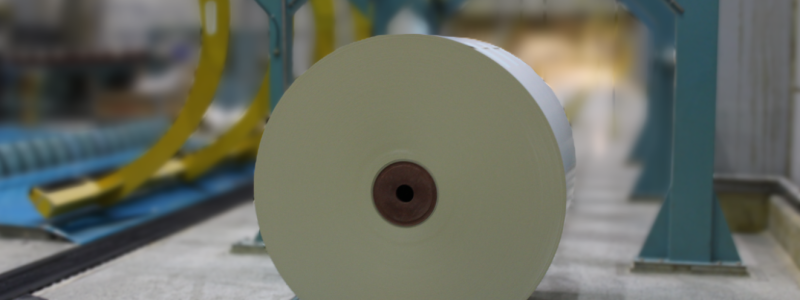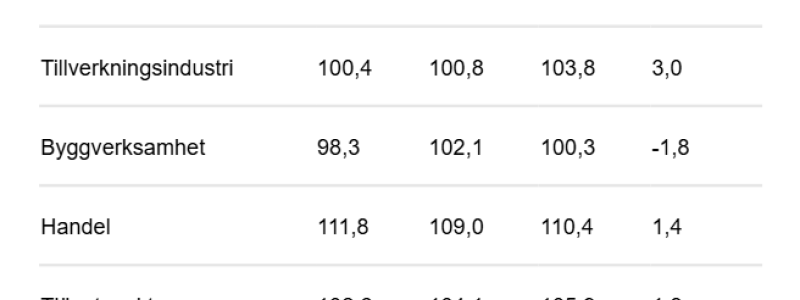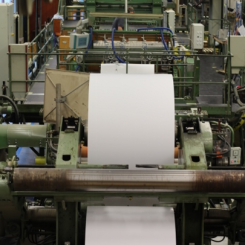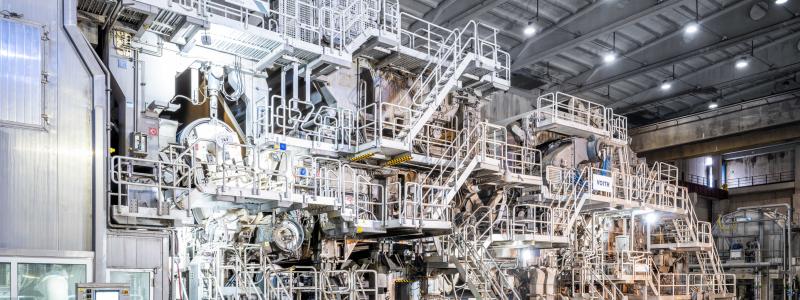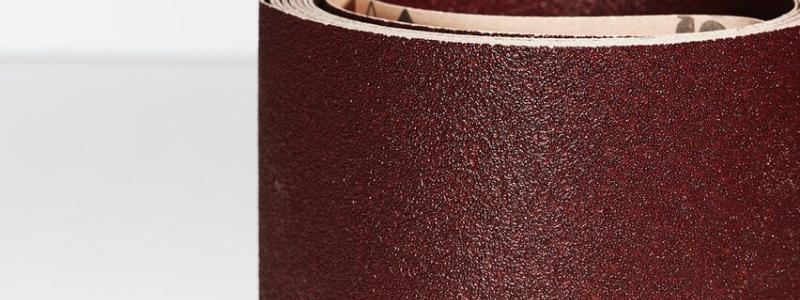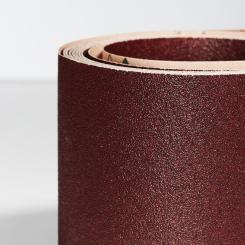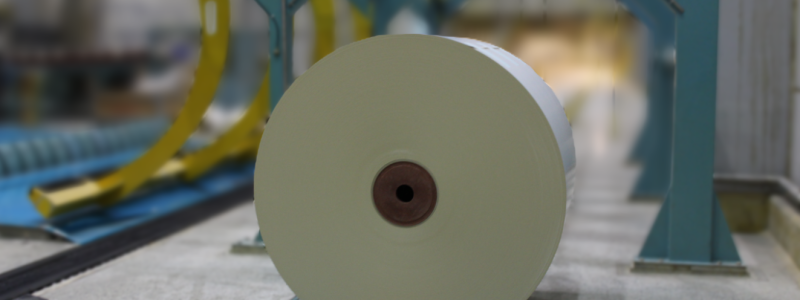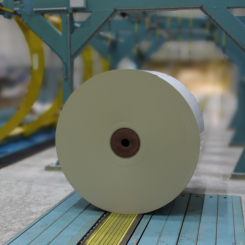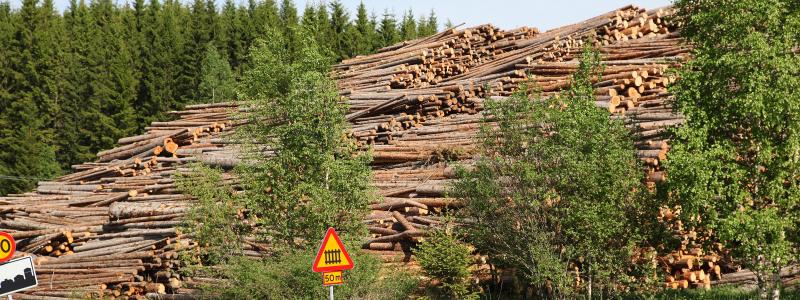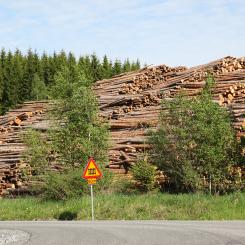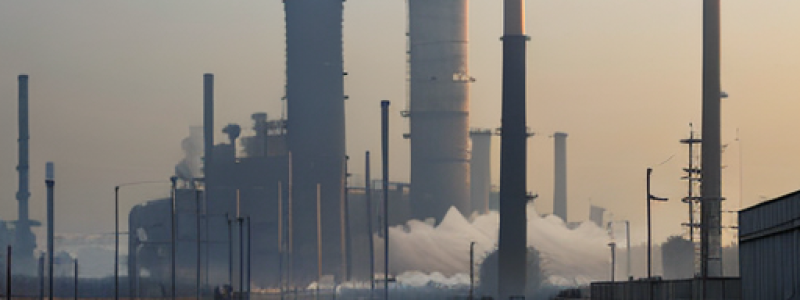Klabin has achieved significant results in a study on the amount of greenhouse gases (GHG) generated throughout the life cycle of its fluff pulp, compared to the same product manufactured in the United States. According to the results, PineFluff® has a carbon footprint that is 62% lower, and PineFluff eXcel® has a footprint that is 64% lower, compared to fluff pulp produced in the Southeastern United States and available at the Port of Savannah, Georgia.
The initiative, aimed at assessing the product's carbon footprint, was conducted by ACV Brasil, a consulting firm specializing in life cycle analysis, and validated by SGS Brasil, which specializes in testing, inspection and certification. This study followed the GHG Protocol methodology (Product Life Cycle Accounting and Reporting Standard) as well as the ISO 14040 and 14044 standards from 2009. The analysis considered Klabin's softwood pulps (PineFluff® and PineCel®), produced from planted and certified pine forests, and PineFluff eXcel®, a groundbreaking type of fluff pulp introduced by the Company in 2022, which originates from a mix of softwood pulp (pine) and hardwood pulp (eucalyptus).
The carbon footprint is a metric that evaluates greenhouse gas emissions. At Klabin, the quantification of GHG emissions considered the energy, materials and inputs used from forest cultivation and product manufacturing to transportation. The positive result is attributed to the responsible forest management practices implemented by the Company, the use of a renewable energy matrix, and production in a modern and efficient facility.
Klabin is recognized for being at the forefront of sustainability, boosting its efficiency by using the latest available technologies. The operation of the Ortigueira Unit in Paraná, where the Company's market pulp is produced, combined with the unique benefits of fluff pulp, enabled the company to achieve highly positive results in the Carbon Footprint study. Moreover, fluff pulp is a high value-added product that serves premium and less commoditized markets. Proven to be a versatile and highly absorbent material, fluff pulp provides superior liquid retention properties and is successfully used in baby and adult diapers, sanitary pads and wet wipes.
Source: Klabin.com.br






